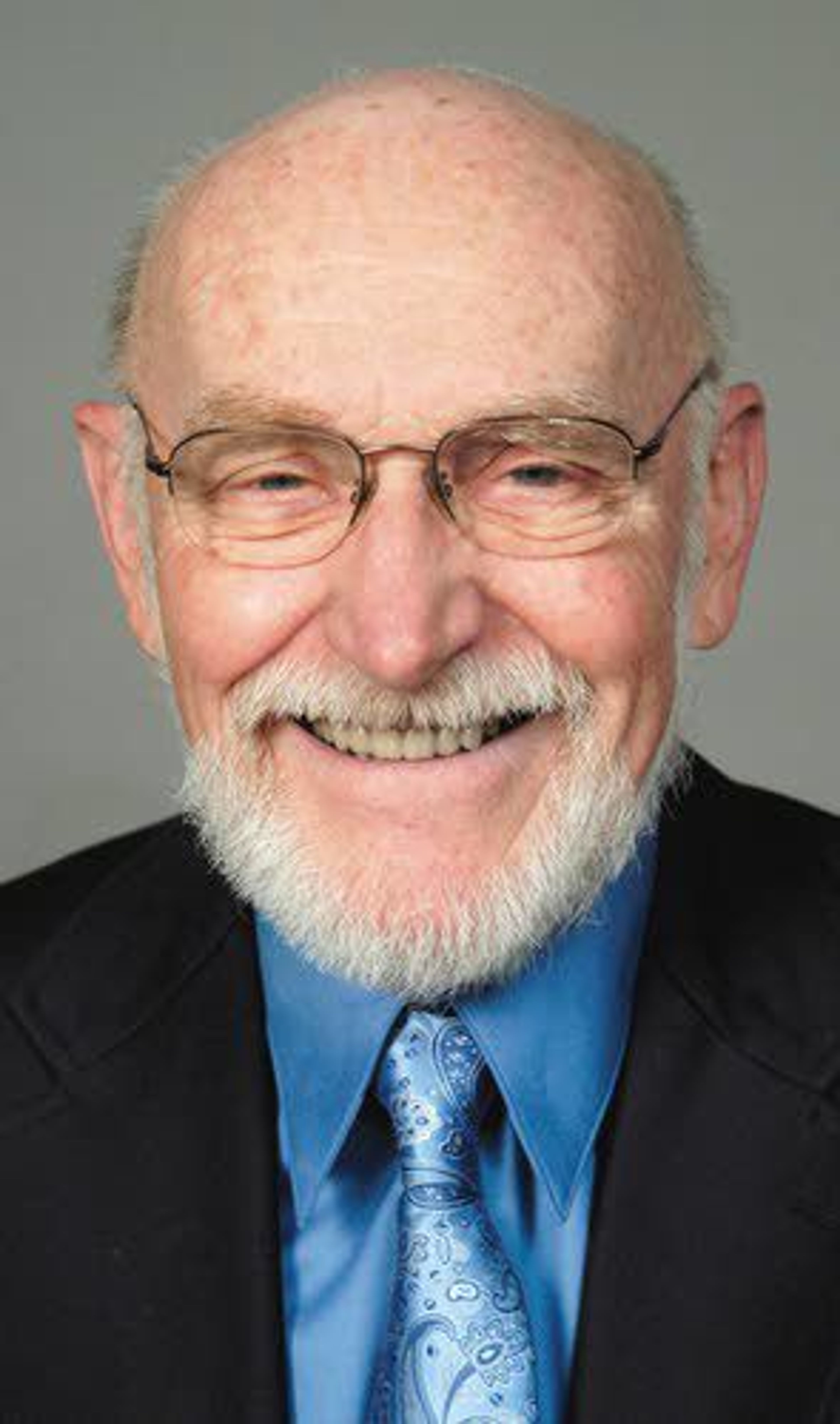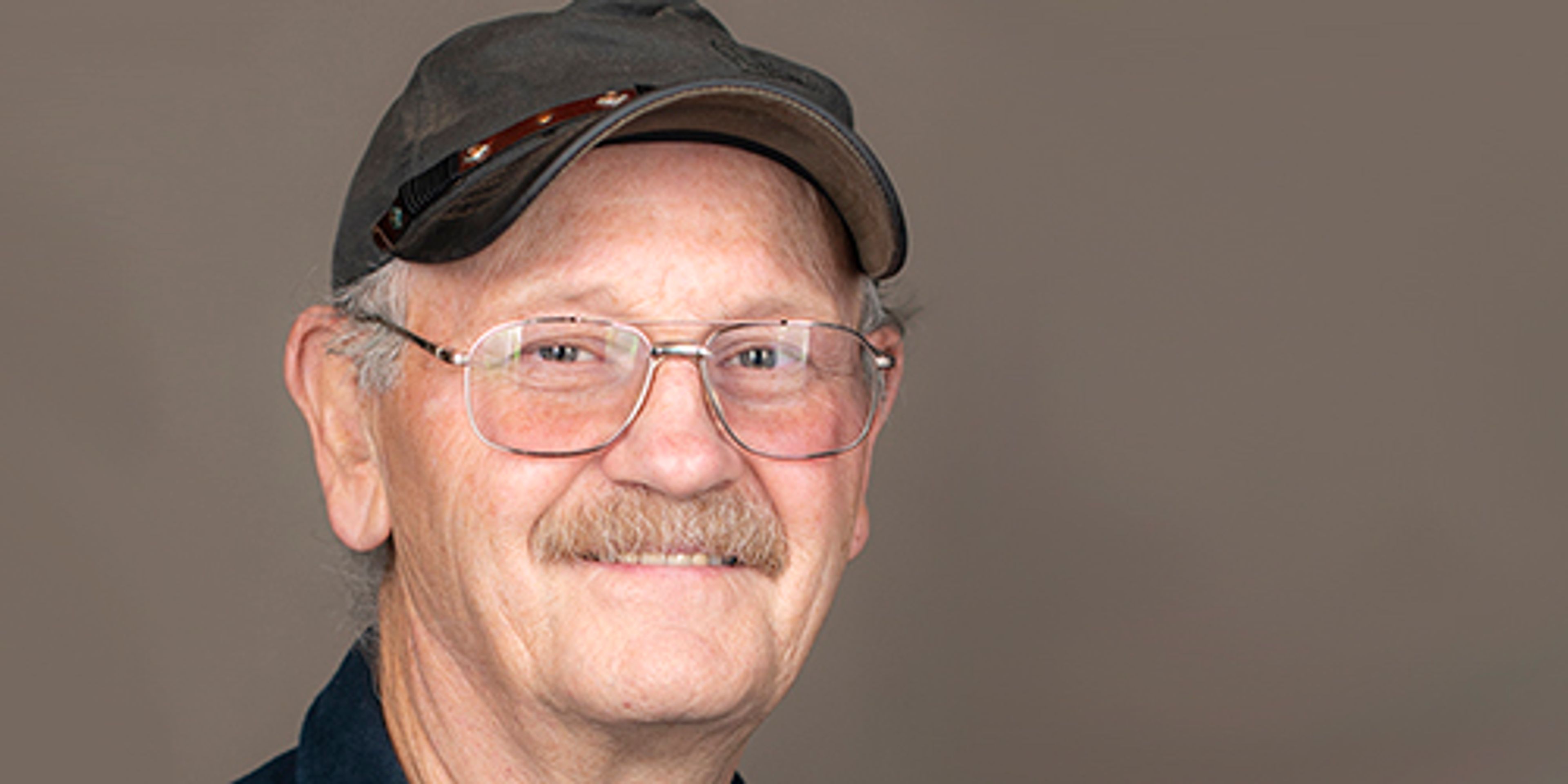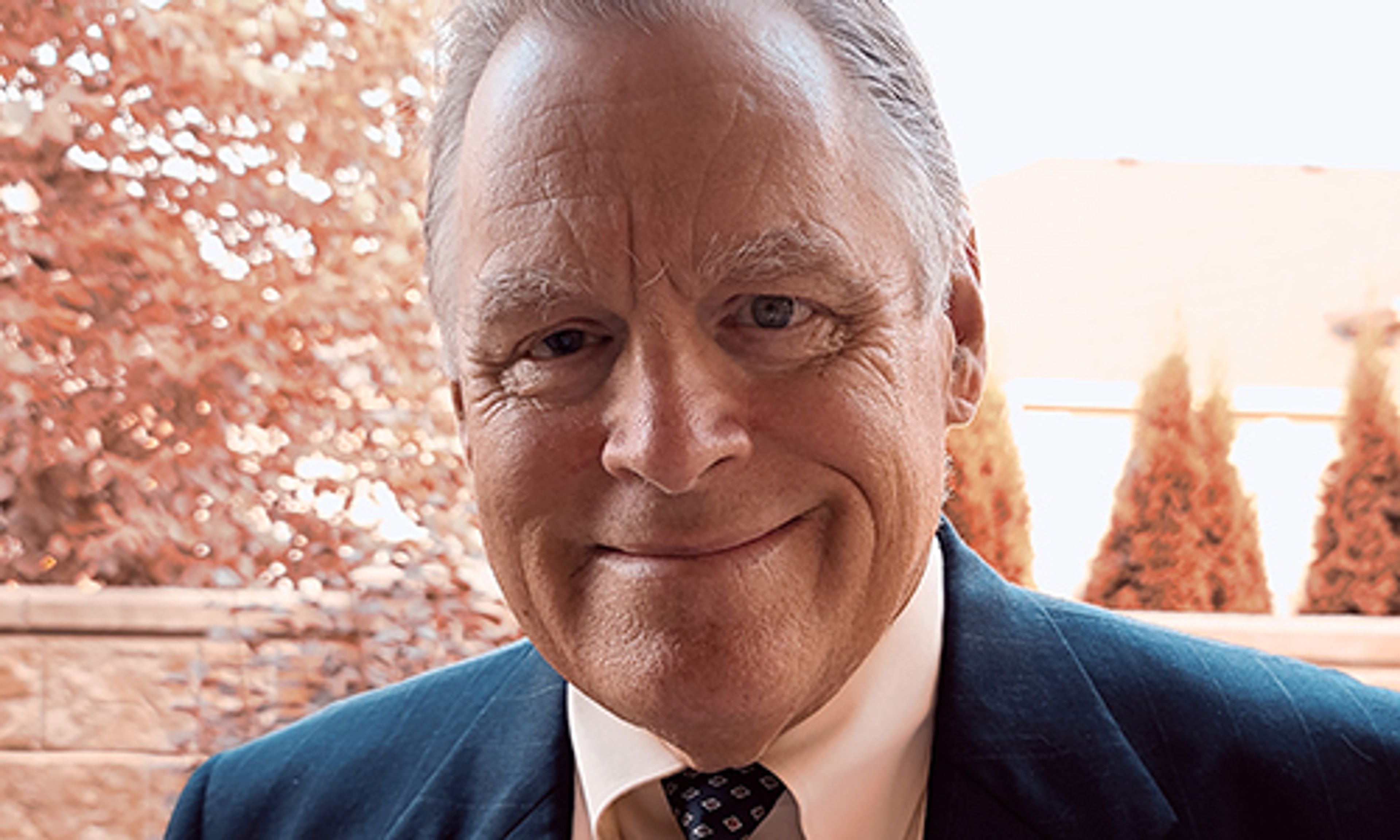Hall is taking a break from column writing, so the Tribune is reprinting some of his best work. This column was published on June 28, 2002.
---
The movie "Kate and Leopold" presents the heroine with the possibility of giving up penicillin to go back in time to live with the man she loves. But that's nothing new. Lovers have long journeyed into the past for each other, with or without penicillin.
For instance, there are still a few Talibanish male supremacists in America and elsewhere who expect women to keep their place. That was common behavior among the people of my parents' generation. But today that style is something from another era. So women who follow their men into that arrangement today are going back in time in a social sense.
Mind you, marriage is tough enough without the interference of scoffers like me. If some such division of labor and role-playing works for you in your marriage and it doesn't involve anybody getting physically pounded or mentally wrung out, then who am I to butt in?
But no such questions are presented in "Kate and Leopold" (now available on video). There is no examination in that story of whether Kate, an aggressive modern woman, isn't in for a rude surprise on the status of women in that former century. Of course, there is probably some realism in that. When people fall in love, they don't much think about consequences beyond being together through thick and thin or through whatever century it turns out to be. After all, many of us were married in another century and were lucky enough to end up married in this one as well.
But Kate faced the prospect of living in the mid-1800s. Imagine, life without television, life without computers, life without pizza and - God forbid - life without latte.
Such possibilities raised another threat for the Kate I married (keeping her here in Idaho, which is certainly not like living in the mid-1800s; it's like living in the mid-1900s). Sharon said she would not be eager to go live in a century without penicillin, among other medical markers of our longer, healthier modern life.
Of course, she wouldn't want to jump off the Brooklyn Bridge, either. And that, according to the movie, is the time portal between now and then. If you want to scoot back and forth between the centuries, you climb to the top of the Brooklyn Bridge and dive off, trusting the word of those who tell you that it really is the road to yesterday. (Or maybe, if you prefer, they will sell you the Brooklyn Bridge).
On the other hand, that's not so silly. Any time you meet someone and marry, you're jumping off a bridge. You're taking a chance. You're trusting another person to transport you to a happy ending rather than to a hard smack on a cold river. Talk about a leap of faith.
Moreover, couples throughout history have married and gone back in time together to less sophisticated places. The early settlers in this country were such people. They jumped off the London Bridge and headed for a raw new land without all the modern conveniences of 17th century Europe.
Similarly, husbands and wives trekked into the wilderness, heading west across the continent to take up new lives with fewer comforts and far less safety than the Eastern seaboard cities they came from. Those men and women, blinded by love, headed for the past, hoping to convert it to a future. And they did, but more for us their descendants than for them.
And then there were the time travelers among so many of our ancestors and among those arriving in America today who jumped off a higher bridge and traveled, not to the past but to the future, to a safer life than the one they left behind. On the nation's birthday, we should remember that the Founders were trying to build a better bridge to the future, but the same is true, appropriately, of immigrants today, who vote with their feet and come join us here in this future.
After all, this is a nation populated mostly by the genes of crazy people, dreamers who thought they could jump off a time bridge and land in a place years ahead of where they came from, a place where there is more penicillin, more food, more education, more future than almost anywhere else.
But when a Kate loves a Leopold and a Leopold loves a Kate, that fact alone is their future, no matter what century they end up in.
---
Hall is editor emeritus of the Tribune's Opinion page. His email address is Wilberth@cableone.net.






